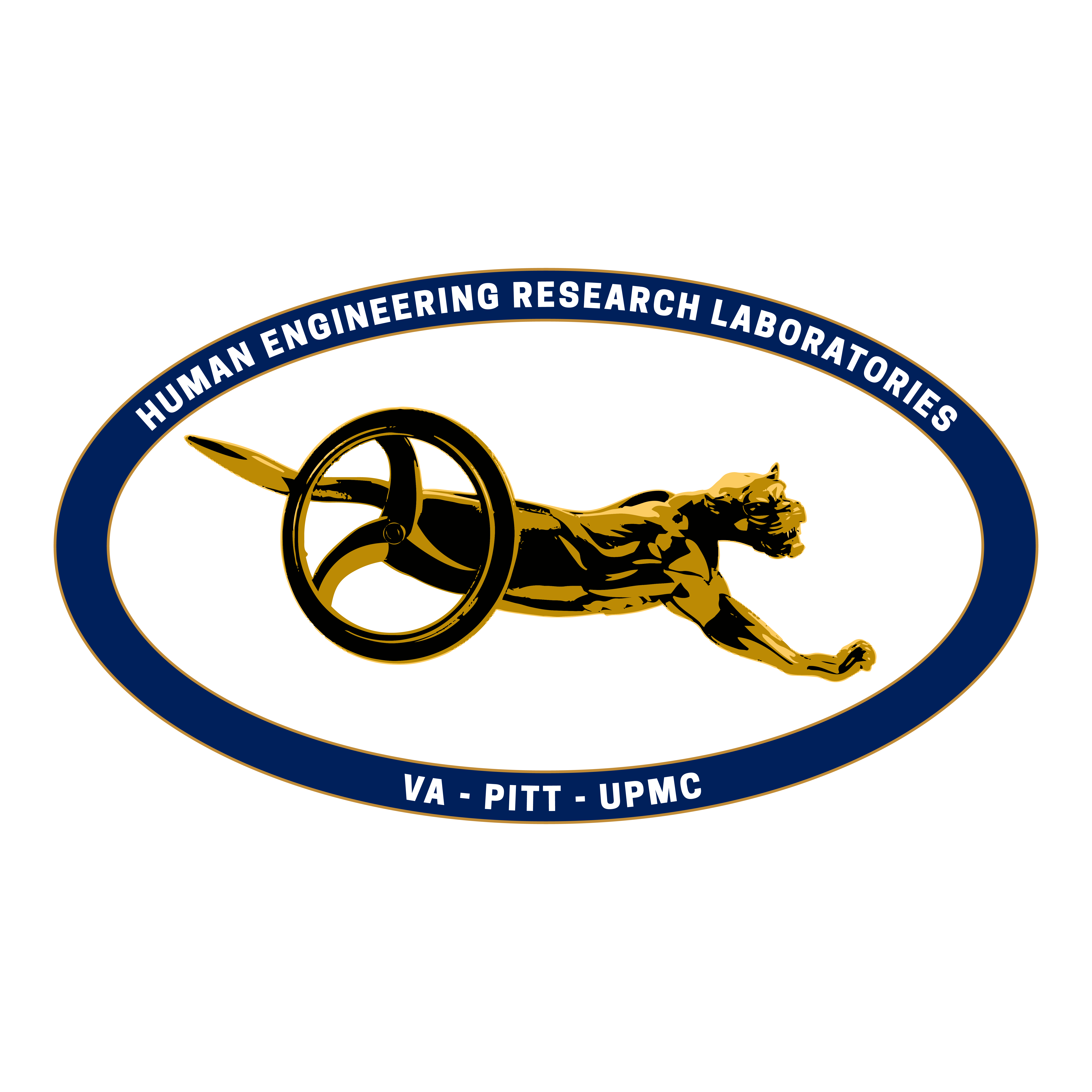Biography
Ahlad Neti is a current
Graduate Student Researcher for the Human Engineering Research Laboratories,
working under Dr. Alicia Koontz. He is working towards a Ph. D. in
Bioengineering with a concentration in Biomechanics. Currently, Ahlad is
evaluating an automated wheelchair transfer technique scoring tool,
TransKinect, and analyzing the effects of in-wheel suspension systems on whole
body vibrations from manual wheelchairs.
Ahlad graduated with an Honors Bachelors in Biomedical Engineering with
distinction in June of 2020 from the University of Delaware. For his senior
thesis, he developed a novel ankle foot orthotic for stroke patients using a
human centered design guided engineering process that emphasized comfort,
usability, and discreetness. Additionally, Ahlad has experience ideating,
researching, prototyping, and testing medical devices, through which he has
gained skills in the design and analysis of biomedical sensors, circuit design,
wearable device development, orthotics, 3D printing, CAD, and textiles. Working
with partners and sponsors including the Department of Defense, the Federal
Emergency Management Agency, and the Perry Initiative, Ahlad has contributed to
the development of several medical devices including: a lower-limb amputee
shower assistive device, an educational outreach biomechanical test frame, wearable
vitals monitor for first responders and firefighters, and seamless knit
shrapnel resistant Kevlar body armor for military personnel.
Beyond his research and
medical device experience, Ahlad has worked to develop his skills in teaching.
During his undergraduate degree, he held the teaching assistant positions for
Junior Design in his sophomore and senior years, Biomechanics in his junior
year, and Design Studio in his senior year. Additionally, he worked as a tutor
for the Office of Academic Enrichment throughout his undergraduate degree.


